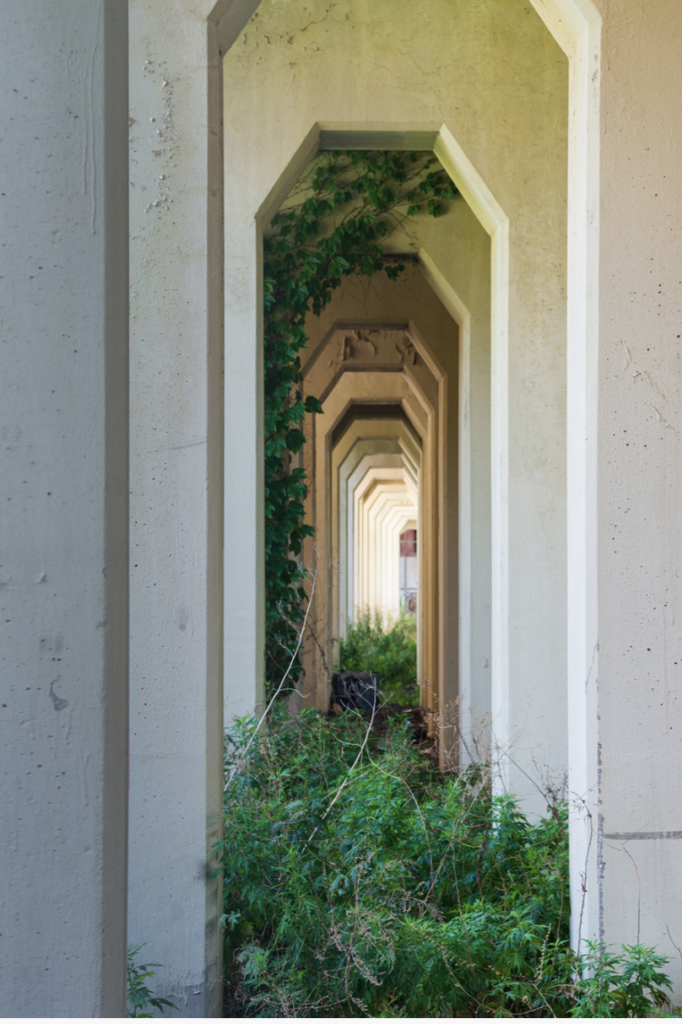by THE EDITORS

In “The Living Tradition,” Amadou Hampaté Bâ explains that the traditionalists are “the living memory of Africa.”[1] They are those who know, they are the makers of knowledge. They are also the holders of the Word. And thus, they are not allowed to lie.
Known across West Africa, these specialists in knowing, do not slice or cut life up into pieces. Their job is to know.
Memory is their job.
In Western societies, knowing has become the preserve of scientists and experts. They in fact, do cut life up into pieces. In fact, the root of the word “science,” is the Latin word, “scire,” which likely comes from a verb which means to slice, or to render apart. What if knowing was not such a violent undertaking? The traditionalists of West Africa were trained to bring all the knowledges together, to gather together.
Memory was their common possession.
In an era where everything seems to suggest a coming apart, some of us must be committed to practices akin to the traditionalists, we must be “holder(s) of speech.” Let others be the “depositories of small talk.”[2] What we will have to say in order to create a new world cannot be uttered recklessly. It must be careful, we must approach our task with care.
Memory must be faithfully shared.
A Gathering Together invites you to consider what memories can be brought together, made to reappear for the purpose of creating knowledge, creating the Word, which is really recreation of the original act of Creation. These contributions take knowledge seriously, but not simply in the Western sense of competence. They help us to consider the knowledges that have been cut off. They bring them back together again. Because we cannot afford to not know.
